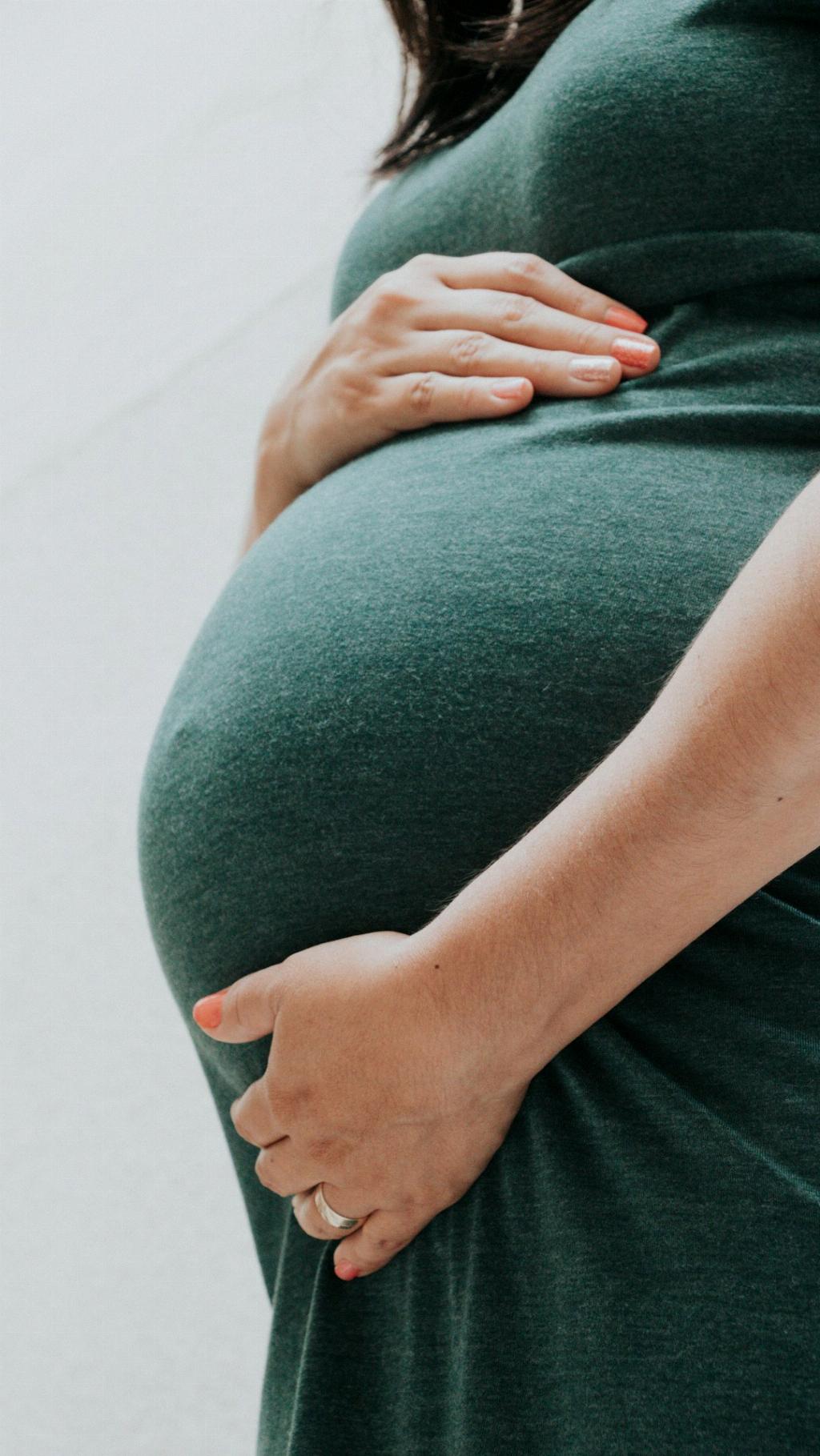Going through a miscarriage can be an emotionally and physically challenging experience for any woman. It is natural to wonder about the various symptoms that may accompany a miscarriage, including the loss of appetite.
Physical Impact of Miscarriage on the Body
After experiencing a miscarriage, the body goes through significant hormonal changes. These changes can result in physical symptoms such as fatigue, cramping, and nausea, all of which can contribute to a loss of appetite.
Emotional Distress and Loss of Appetite
Alongside the physical toll, a miscarriage can also lead to intense emotional distress. Feelings of sadness, grief, and anxiety are common after a miscarriage, and these emotions can impact a woman’s appetite and eating habits.
Stress and Anxiety
Dealing with the aftermath of a miscarriage can be incredibly stressful. The mental and emotional strain of the experience can manifest in physical symptoms, including a loss of appetite due to heightened levels of stress and anxiety.
Hormonal Changes
The hormonal fluctuations that occur during and after a miscarriage can disrupt the body’s normal functioning. These hormonal changes can affect appetite-regulating hormones, potentially leading to a decreased desire to eat.
Physical Discomfort
In addition to the emotional and hormonal factors, the physical discomfort that often accompanies a miscarriage can also play a role in causing a loss of appetite. Pain, cramping, and bloating can make eating unappealing.
Nutritional Needs
During the recovery period following a miscarriage, it is essential for women to prioritize their nutritional needs. However, the loss of appetite can make it challenging to consume adequate nutrients, which are crucial for physical and emotional healing.
Consulting a Healthcare Provider
If a woman experiences a persistent loss of appetite following a miscarriage, it is advisable to consult with a healthcare provider. A medical professional can provide guidance on how to address nutritional concerns and offer support for emotional well-being.
Self-Care and Support
Engaging in self-care activities and seeking support from loved ones can also aid in managing the effects of a miscarriage, including loss of appetite. Taking time to rest, practicing relaxation techniques, and talking about feelings can all contribute to improving appetite.
Recovery and Healing
It is crucial for women to prioritize their recovery and healing process after a miscarriage. This includes paying attention to their physical and emotional well-being, addressing any changes in appetite, and seeking professional help if needed.
Conclusion
In conclusion, the loss of appetite can indeed be a symptom of miscarriage, influenced by a combination of physical, emotional, and hormonal factors. Understanding these aspects and taking proactive steps towards recovery and self-care can aid in navigating the challenges associated with a miscarriage.

